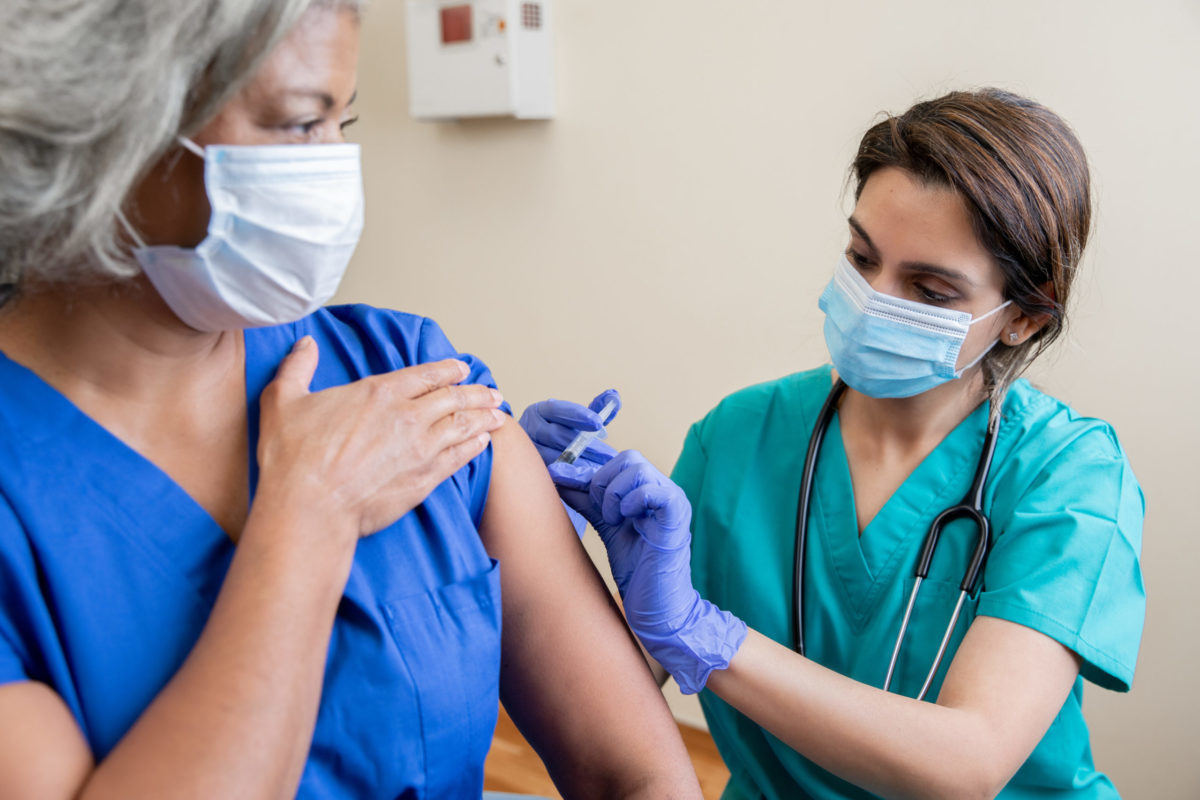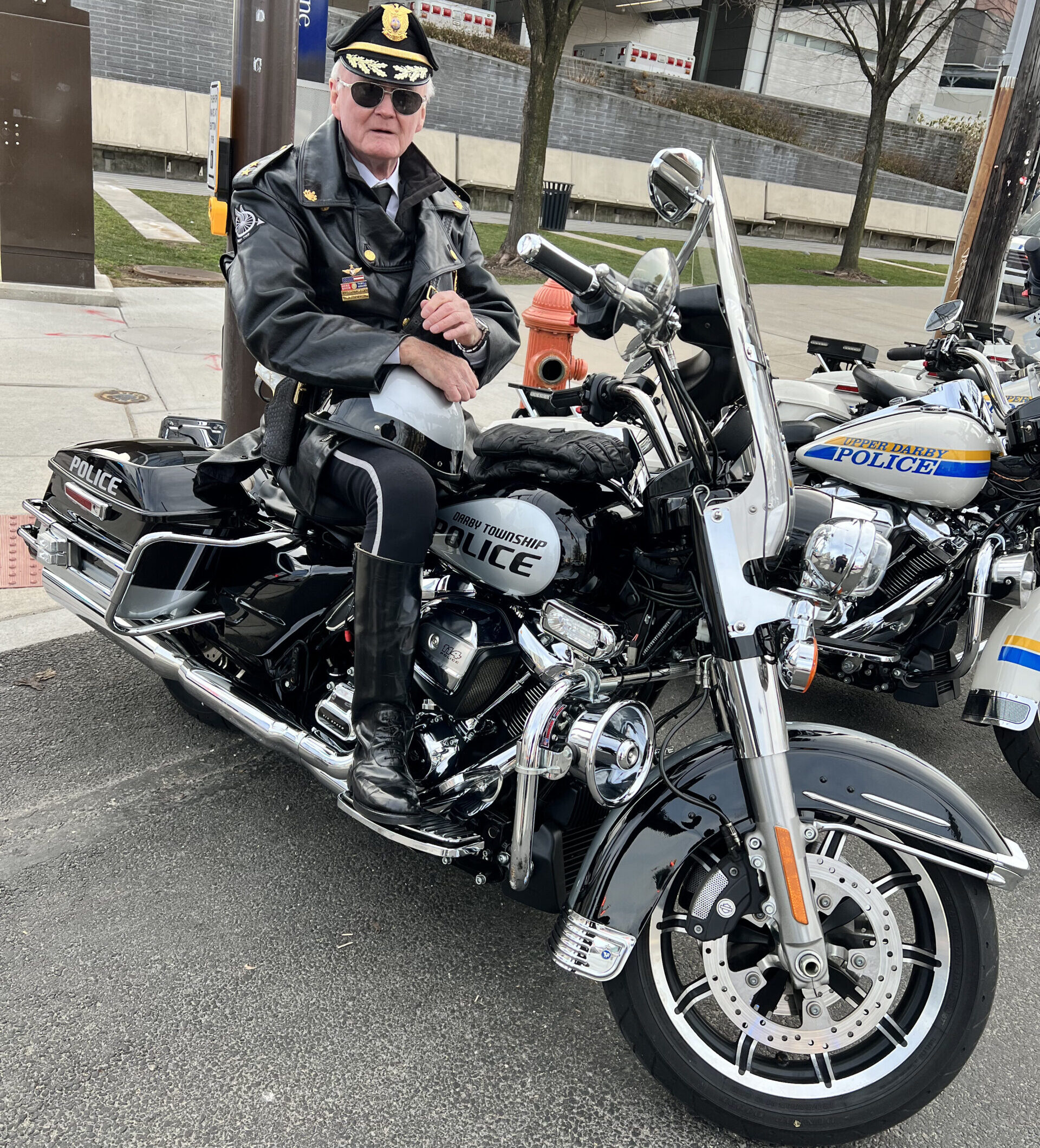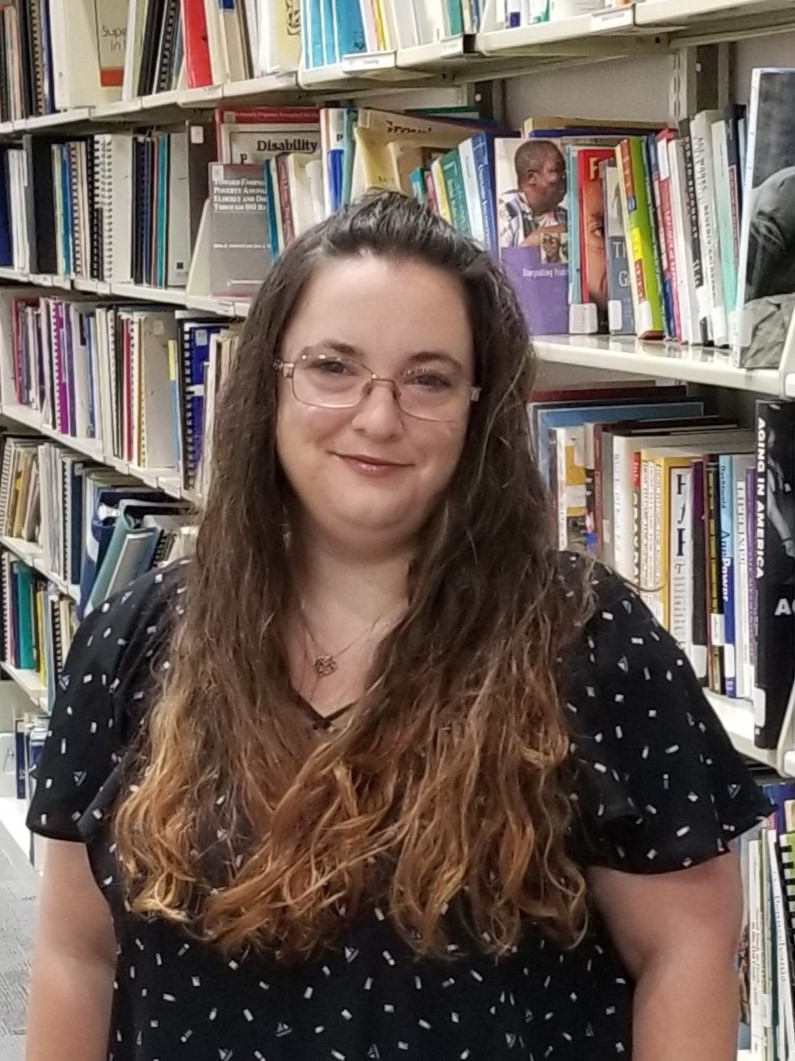City is tackling racial, ethnic disparities in COVID-19 care
By Jay Nachman
The findings are clear: In Philadelphia, nationally and around the world, people of color and older adults face greater challenges when confronted with COVID-19 than people in other communities.
An August 2020 report by the Philadelphia Department of Public Health (PDPH) stated, “In the U.S. and other countries, people from non-white racial and ethnic groups and older adults have suffered the greatest impact of COVID-19.”
Meanwhile, a January 2022 report by the Centers for Disease Control and Prevention (CDC) noted, “The COVID-19 pandemic has magnified longstanding health care and social inequities, resulting in disproportionately high COVID-19-associated illness and death among members of racial and ethnic minority groups.”
A deeper dive into the Philadelphia report reveals that more African American residents have been tested for COVID-19 than any other racial or ethnic group. As of Aug. 30, 2020, 100,871 of the 316,580 tests (32%) performed have been on African American residents. The highest COVID-19 infection, hospitalization and death rates in Philadelphia are among African Americans.
The report also states the overall rates of infections, hospitalizations and deaths among Latinx residents are second highest, after African Americans. It is noted that disparities in outcomes from COVID-19 between racial and ethnic groups result from the accumulated impact of centuries of systemic racism.
“As older adults are considered at high risk for severe outcomes from COVID, testing rates in these age groups have consistently been the highest. This trend is in part driven by testing of residents of nursing homes. COVID-19-associated hospitalization and death rates have consistently been highest among those age 75 years and older,” according to the report.
The CDC report focused on “Racial and Ethnic Disparities in Receipt of Medications for Treatment of COVID-19,” noting, “Vaccines and preventive measures are the best defense against infection; post-infection, COVID-19 medications reduce morbidity and mortality and relieve strain on hospitals” and concluded, “Efforts to reduce racial and ethnic disparities with equitable outpatient COVID-19 treatment access, practices and supportive systems are urgently needed.”
Findings from the CDC also included, “A lower proportion of people of racial and ethnic minority groups received monoclonal antibody (mAb) outpatient treatment for preventing severe COVID-19. This finding highlights disparities as a priority for intervention and can guide strategies aimed at more equitable COVID-19 outcomes. Policies, resources, and programs addressing the specific needs of served populations, institutions and places can accelerate progress toward health equity. Strategizing the equitable receipt of current and emerging outpatient treatments by reducing barriers to accessing treatment might prevent disparities in severe COVID-19 outcomes. “
Philadelphia quickly recognized the disparities in COVID-19 case rates, hospitalizations and deaths among Black and Latinx city residents. In June 2020, the PDPH convened a group of stakeholders who developed an Interim Racial Equity Response Plan.
“Since the beginning of the pandemic, it was quite evident that disparities among race and age groups existed,” said Gail Carter Hamilton, MSN, RN, CSN, PDPH’s chief racial equity officer. “Considering this concern, the health department is making its best effort to address these issues as they arise. Additionally, we can adapt and redirect quickly to address Philadelphia’s most vulnerable citizens. Overall, it is important to understand that the Philadelphia Department of Health is committed to ensuring that all Philadelphians have equal access and opportunity to receive timely and equitable COVID-19 supports and services.”
The city’s Racial Equity Response Plan addresses several key areas, including the following:
Testing
To create widespread access to low-barrier testing, PDPH expanded testing opportunities in areas of high need through the COVID-19 Community Testing Program and the operation of two mobile testing units. To further expand testing, PDPH opened COVID-19 Testing Resource Hubs that distribute free COVID-19 test kits to residents. Sites were chosen in highly trafficked commercial corridors in areas of higher social vulnerability and with limited consistent rapid testing options. Hours/days vary to accommodate for work schedules with early morning or evening times once per week. Additionally, PDPH provides a supply of free test kits and N95 masks to community-based organizations and special event hosts for distribution to the public.
Outreach
Outreach and education are critical to ensuring ongoing community participation in Philadelphia’s effort to end the pandemic. The City will continue to conduct community canvassing and outreach events and utilize mass communications strategies to ensure that important COVID-related information about vaccination, testing, masking and other containment measures is accurate, timely and accessible to all residents. The outreach team participates in 100 in-person events per month and now has more staff to meet the needs of the community.
Bilingual call center
The PDPH has a dedicated Spanish COVID-19 hotline (215-685-5488) that is staffed by fluent Spanish-speakers.
Vaccination Support
The department continues to run about 10 clinics per week in low-vaccinated neighborhoods, which also correlates to communities of high social vulnerability. These clinics have shifted to be primarily pop-up and mobile clinics to focus on people who are experiencing homelessness. Vaccine data is regularly reviewed to ensure that clinics are held in the areas of most need. In addition, there is a matching process where community organizations, schools and faith-based agencies are connected with a vaccine provider to host on-site clinics.
Philadelphia is continually working to reduce community spread, with a focus on communities of color who are at highest risk, by disseminating messages around masking, social distancing and essential worker protections via mass media, community partnerships and community meetings. For more information on COVID-19 vaccination, testing and
other resources, CLICK HERE>>
Jay Nachman is a freelance writer in Philadelphia who tells stories for a variety of clients.




